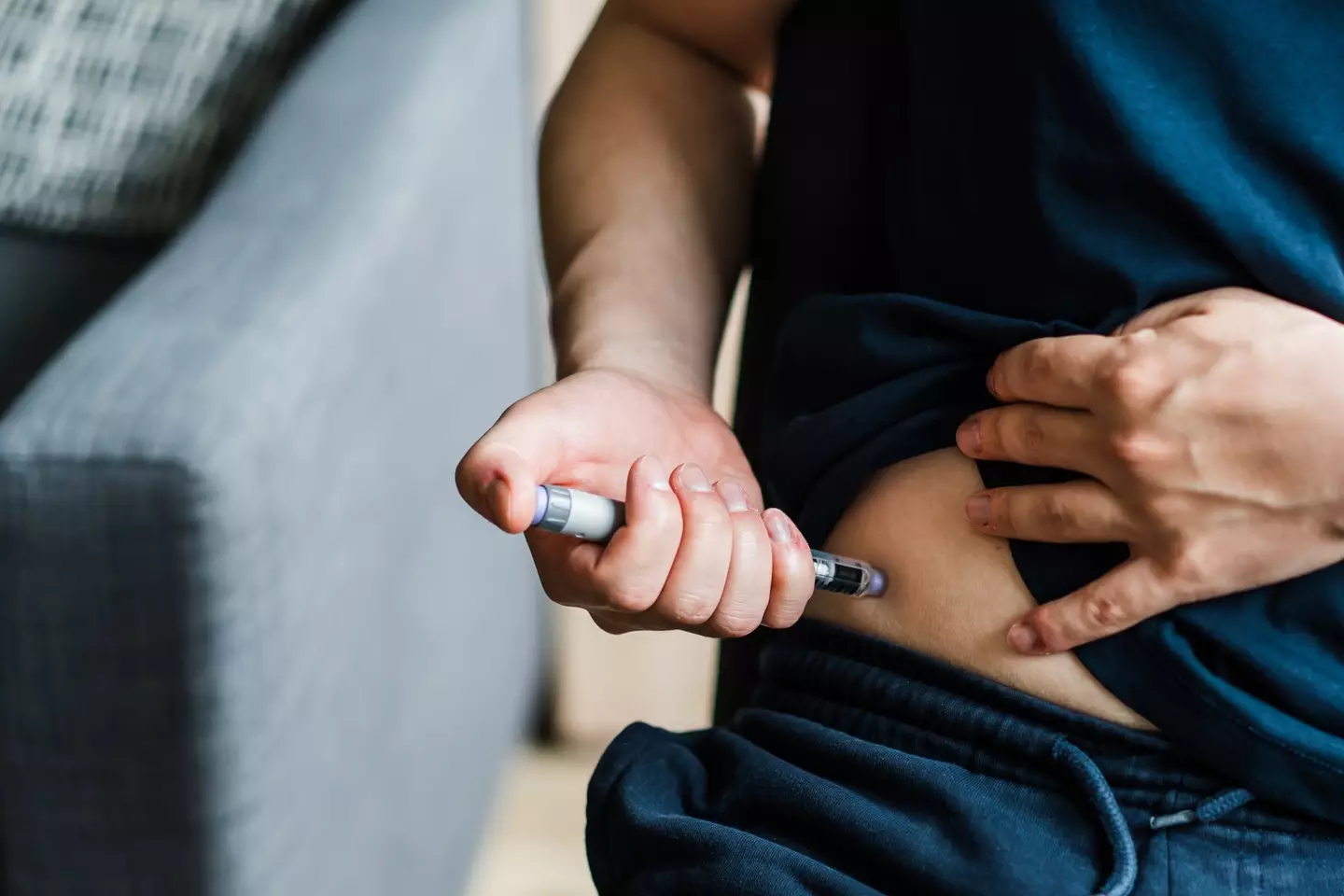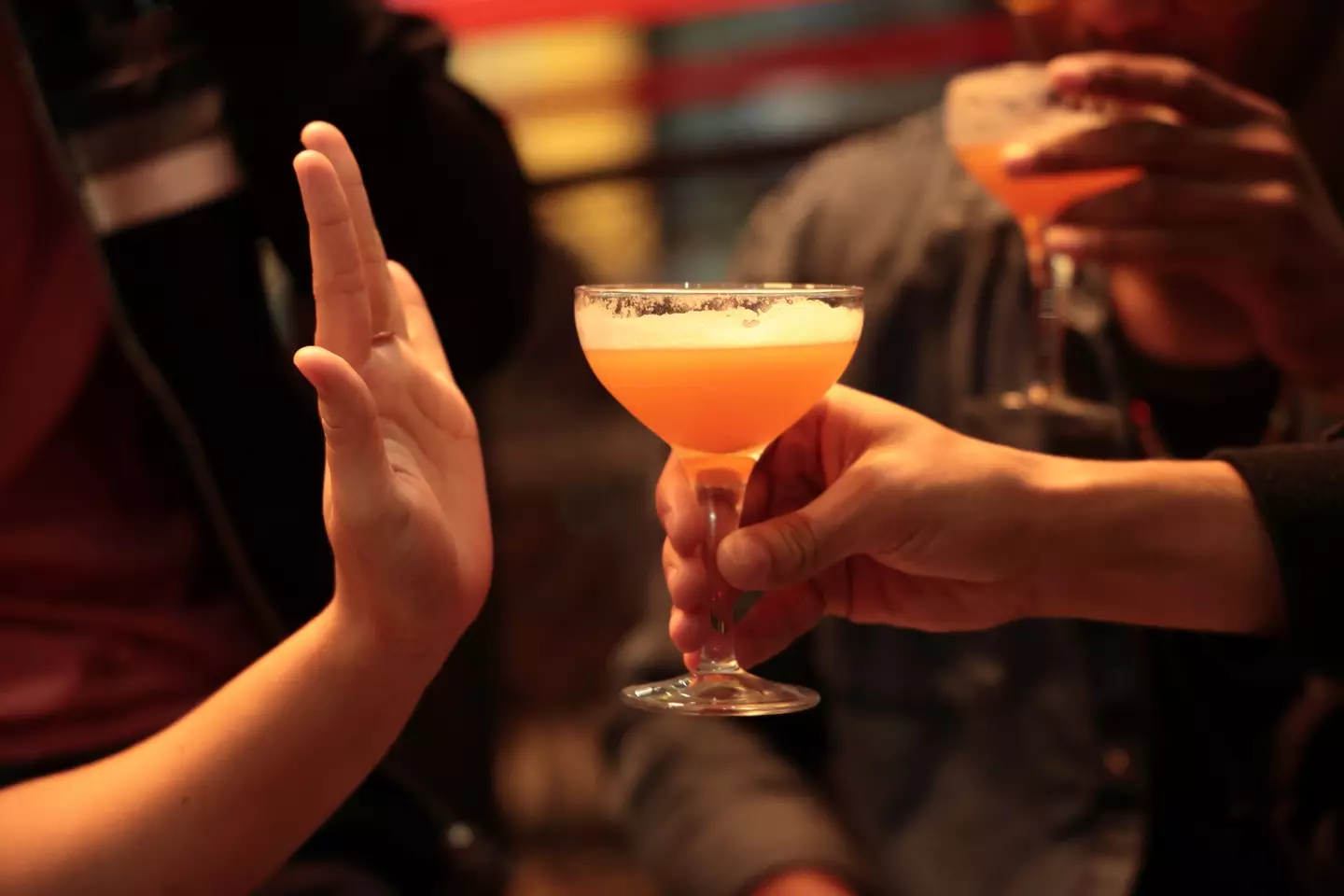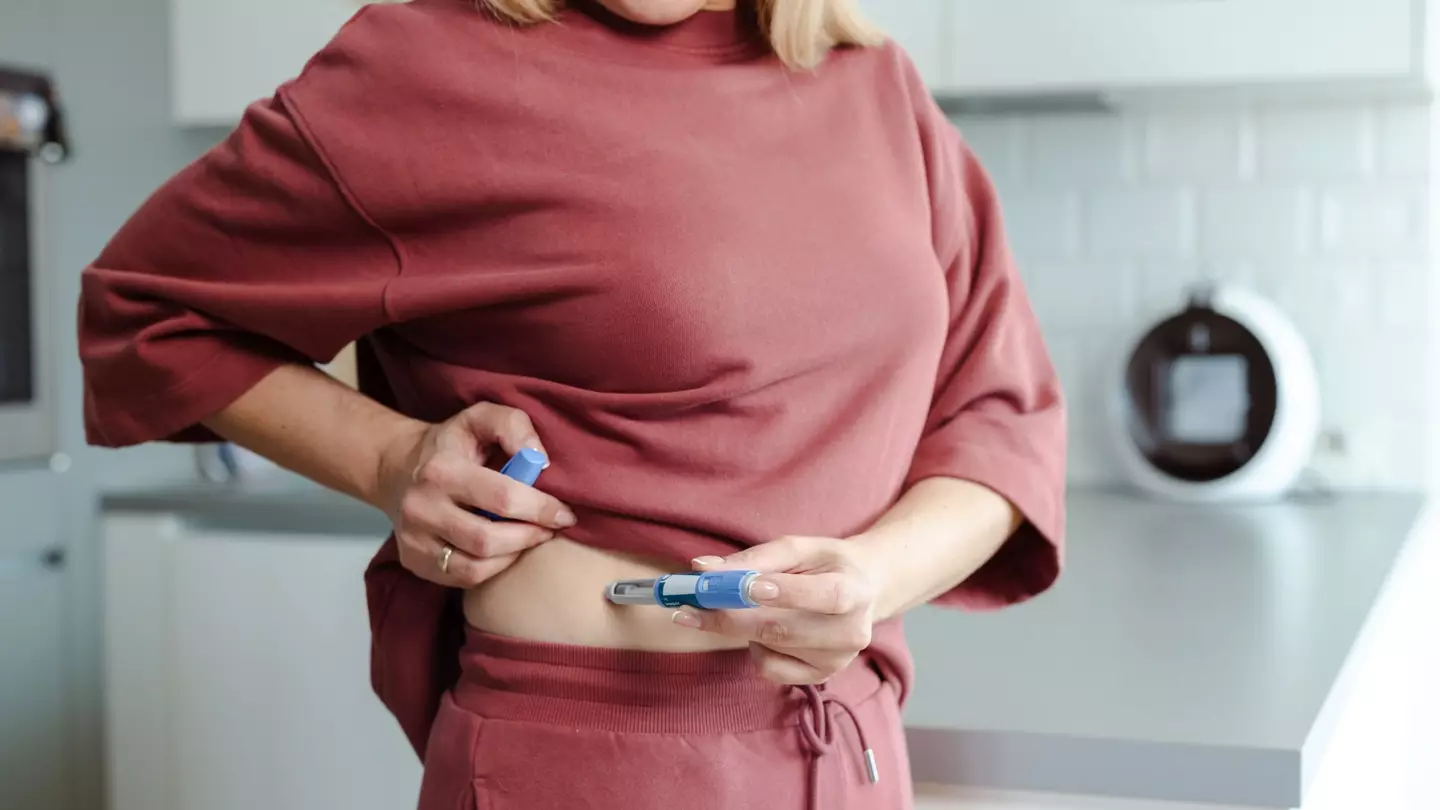Medications designed to aid weight loss and treat Type 2 diabetes are recognized for their ability to reduce waistlines and suppress appetites. However, researchers have uncovered an unanticipated side effect that might interest those who enjoy an alcoholic drink.
Previously, studies indicated that individuals on these medications, known by brand names such as Mounjaro or Wegovy, typically consumed less alcohol. A recent study has now revealed that even those who continue to drink metabolize alcohol differently.
Semaglutide medications like Wegovy and Mounjaro, containing tirzepatide, replicate natural hormones responsible for regulating blood sugar and appetite. These hormones influence an individual’s desire to drink alcohol.
Despite recognizing this phenomenon, scientists at Virginia Tech’s Fralin Biomedical Research Institute were intrigued by how the medication specifically reduced alcohol consumption.
For the study, 20 obese adults, half of whom had been using GLP-1 receptor agonists for over four weeks, were observed to assess their reactions to alcohol.

Both groups refrained from eating overnight and then consumed the same snack before drinking alcoholic beverages calibrated to reach a breathalyzer reading of around 0.08.
Researchers tracked participants’ breath alcohol levels, cravings, appetite, nausea, and blood sugar levels while asking them to rate their level of intoxication on a scale of 1-10 over a four-hour period.
Those on GLP-1s exhibited a slower increase in breath alcohol within the first 10 to 20 minutes and maintained lower levels overall. They also reported feeling significantly less intoxicated initially, suggesting a delayed response in alcohol metabolism.
This research was published in the journal Scientific Reports, corroborating previous insights into the workings of GLP-1 receptor agonists.
One effect of these medications is that they slow the stomach’s emptying process, delaying food digestion and nutrient absorption.
Generally, this leads to a heightened feeling of fullness but also prolongs the absorption of alcohol into the bloodstream.
“People who drink know there’s a difference between nursing a glass of wine and downing a shot of whiskey,” Alex DiFeliceantonio, assistant professor and interim co-director of the Center for Health Behaviors Research at the institute, explained.

“Faster-acting drugs have a higher abuse potential,” she continued. “They have a different impact on the brain. So, if GLP-1s slow alcohol entering the bloodstream, they could reduce the effect of alcohol and help people drink less.”
Participants in the study also noted a reduced overall craving for alcohol, alongside the delayed sensation of intoxication.
“More studies are needed to help establish how effective these drugs are, what the long-term effects are, if some are better than others, and what dose is most effective for reducing drinking versus controlling blood glucose, for example,” DiFeliceantonio mentioned. “These are all open questions.”
Although the potential for these medications to reduce alcohol cravings may be promising, one expert has voiced caution. The delayed or diminished feeling of a ‘buzz’ from alcohol might lead individuals to consume more in pursuit of intoxication.

